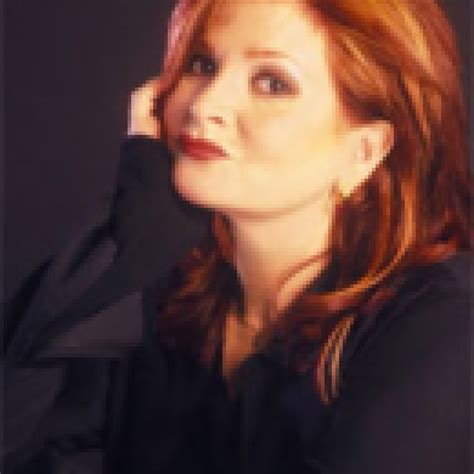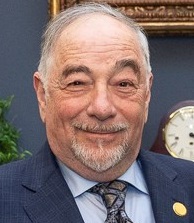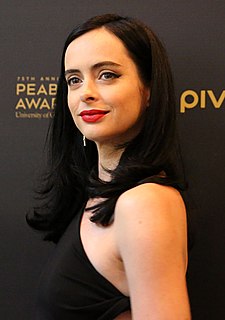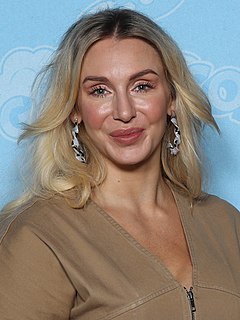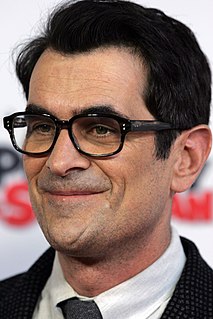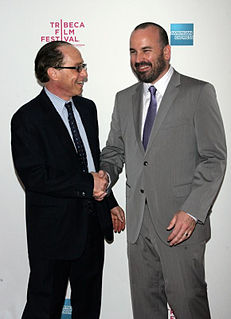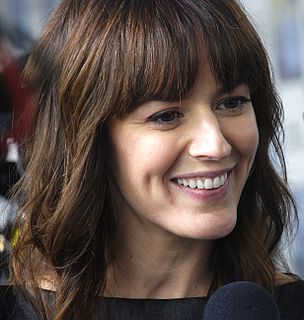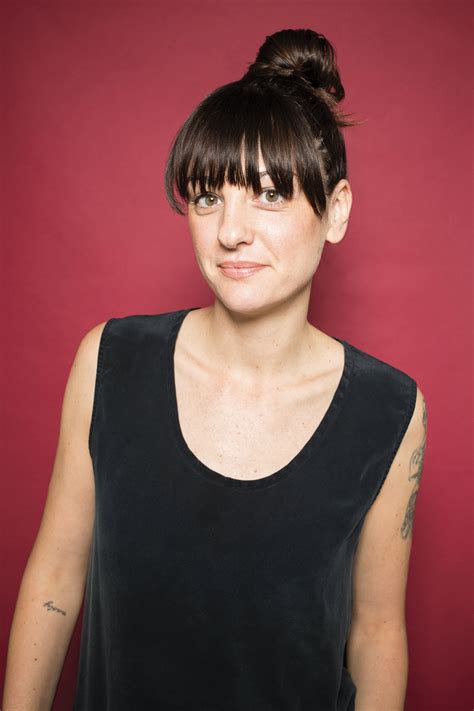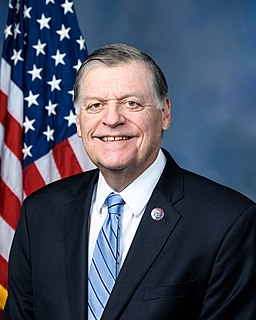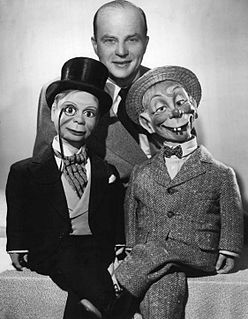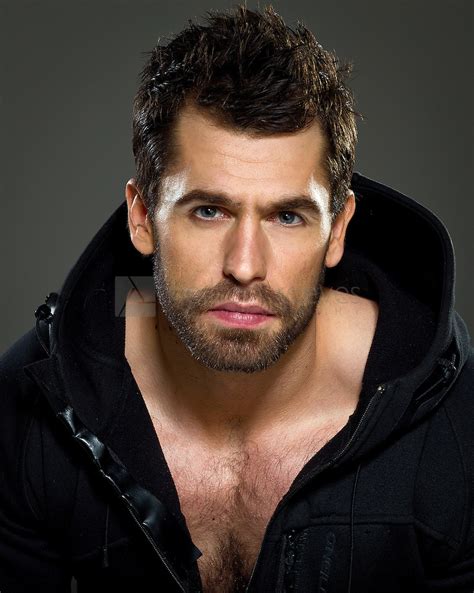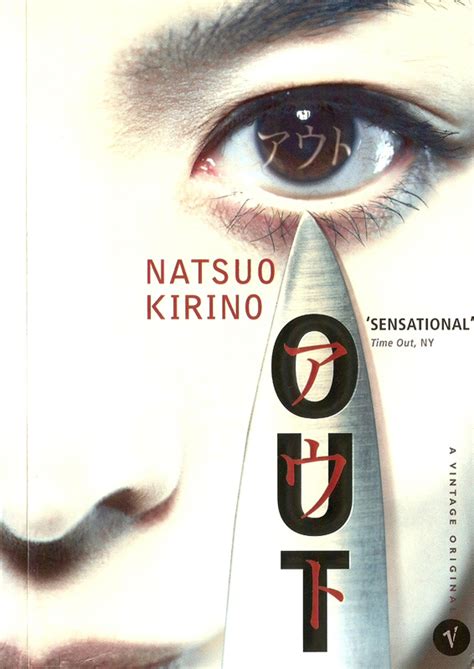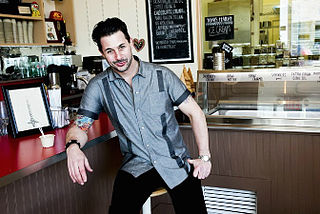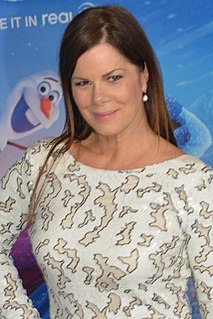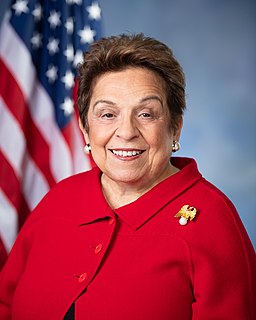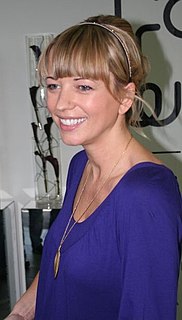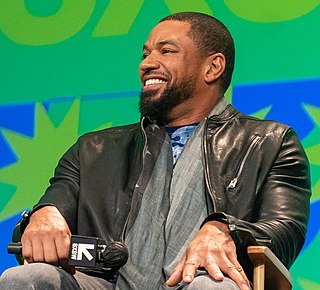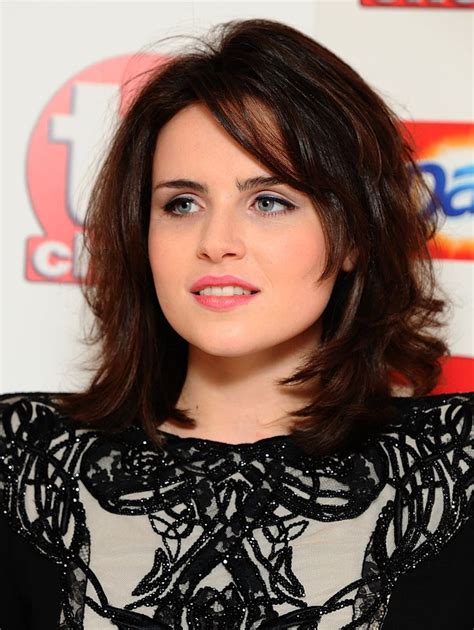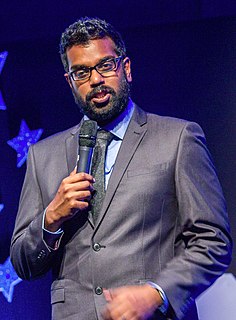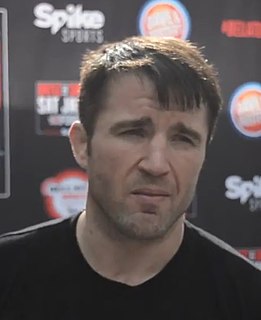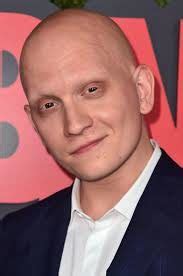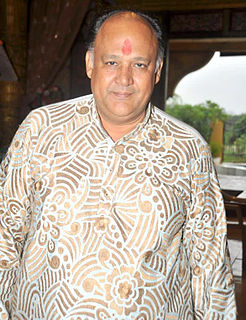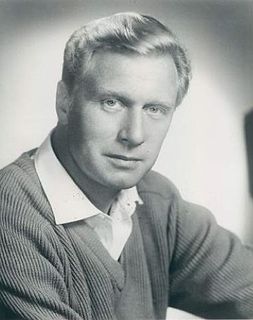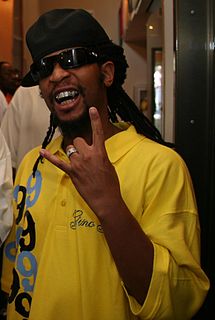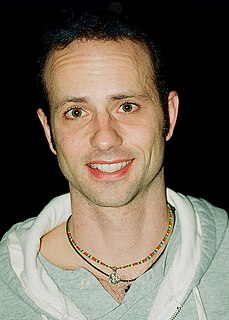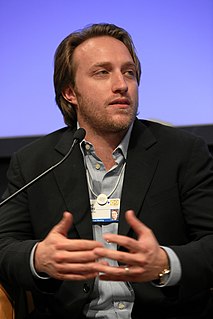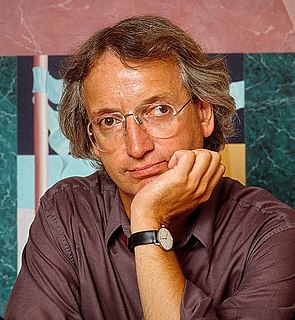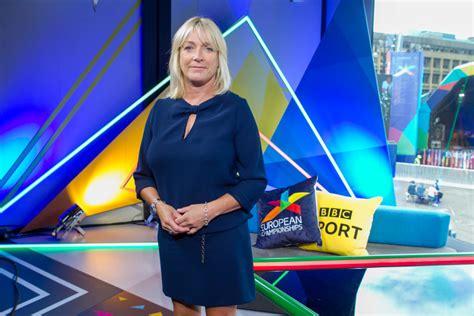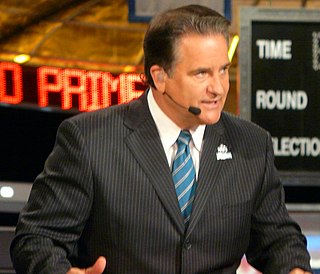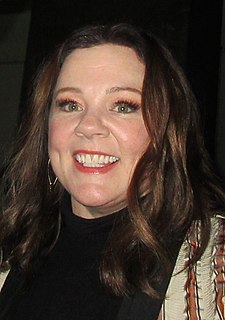Top 1200 Early 20s Quotes & Sayings - Page 16
Explore popular Early 20s quotes.
Last updated on December 18, 2024.
In the early 1700's, two physicians...learned about pinkroot's efficacy from the Indians. The word soon spread to the general public, who praised this worm treatment, particularly against roundworms, for the next 200 years. Pinkroot fell into disuse in the early 1900's, simply because greedy herb dealers adulterated or even substituted shipments of true pinkroot with quantities of other plants.
I knew I could always work harder and be better and show I'm more prepared. I had a whole science to, like, how you have to arrive 17 minutes early to something. If you're 20 minutes early, that means you're too eager, but 17 minutes gives you time to, like, settle, sign in, use the ladies' room, have some water, and get comfortable.
In the early period of Left struggles, in the late nineteenth and early twentieth century, there were many different trajectories for the struggle, whether you call it 'syndicalism' or 'anarchism' or, at the time, 'social democracy', eventually 'Communism', these were different theories of struggle. But all of them shared a basic understanding that the people...experience exploitation, they experience oppression, but they're not prepared to rise up.
My filmmaking style of remixing came out of necessity. When I was a film theory student at UC Berkeley in the early 1990s, there were no film production facilities. The only way I learned to tell stories on film was by re-cutting and splicing together celluloid of old movies, early animated films, home films, sound slug - anything I could get my hands on.
The two explorers are given fictional names. But as in real life, they travel to the Amazon roughly a generation apart, in the early-to-mid 20th century. In the film, they're both guided by Karamakate, as a young man early in the story and later as an old shaman. He and the outsiders share a desire for knowledge - self knowledge and an understanding of the world around them, says the film's co-screenwriter, Jacques Toulemonde.
When I began writing poems, it was in the late 60s and early 70s when the literary and cultural atmosphere was very much affected by what was going on in the world, which was, in succession, the civil rights movement, the antiwar movement, and the women's movement in the 60s, 70s, and into the early 80s. And all of those things affected me and affected my thinking, particularly the Vietnam War.
Beyoncé says it was Mathew Knowles, her father, who made her understand discipline and work ethic, what it means to come in early before class starts to stretch, or to work on your dégagés or your pirouettes or whatever it was. I was a turner! So to come in early and then to stay afterward and to just soak up everything that the teacher has, that's really what it's about - the striving for excellence.
I thought, "Well, I'm writing about early childhood, so maybe it would make sense to write about late childhood as well, early adulthood." Those were my thoughts, and this was how this crazy book [Winter Journal] was composed. I've never seen a book with pictures like at the end, pictures related to things you've read before.
Your post-college years should be an exploratory time in your professional life. From your early twenties and on into your early thirties, you should feel free to explore your professional prospects. Keep an open mind, and don't expect to get everything right straight out of the gate. Be prepared to start over once or twice.
I found that to build mental toughness, you need to inconvenience yourself. The early morning runs, if you hate early mornings. The late night runs, if you hate late nights. The snowy cold, the worst conditions you can get, put yourself in those and really make it inconvenient and you start to get a genuine expectation of winning for the price you have to pay.
I am early in my story, but I believe I will stretch out into eternity, and in heaven I will reflect upon these early days, these days when it seemed God was down a dirt road, walking toward me. Years ago He was a swinging speck in the distance; now He is close enough I can hear His singing. Soon I will see the lines on His face.
Every entrepreneur faces trade-offs when founding and growing their company. As we discovered at YouTube, those early decisions have far-reaching impacts and lead to unforeseen pitfalls down the road. Noam Wasserman uses vivid anecdotes and deep research to expertly outline the key early choices that define a startup, making The Founder's Dilemmas an invaluable alternative to real-world trial and error.



